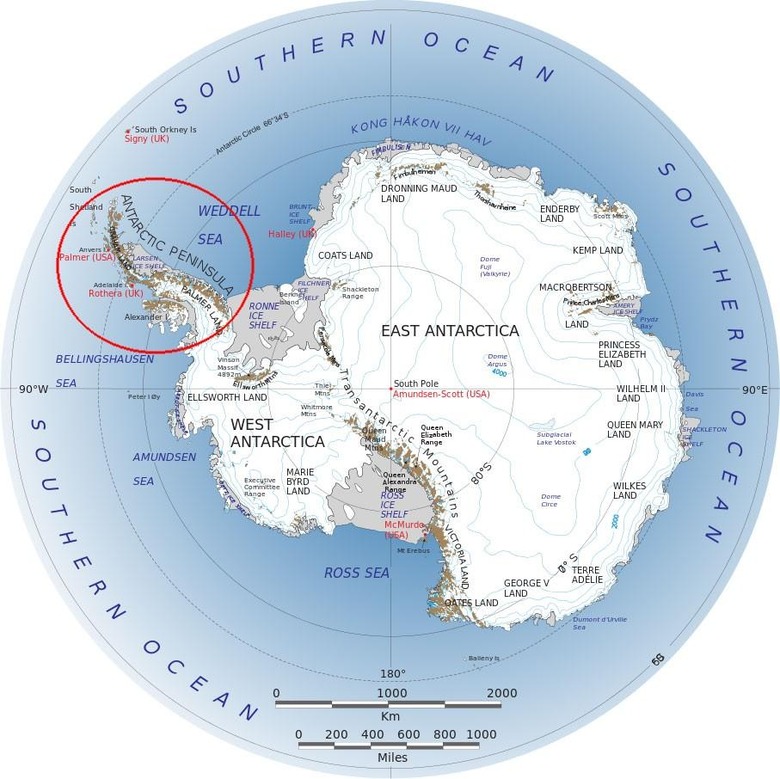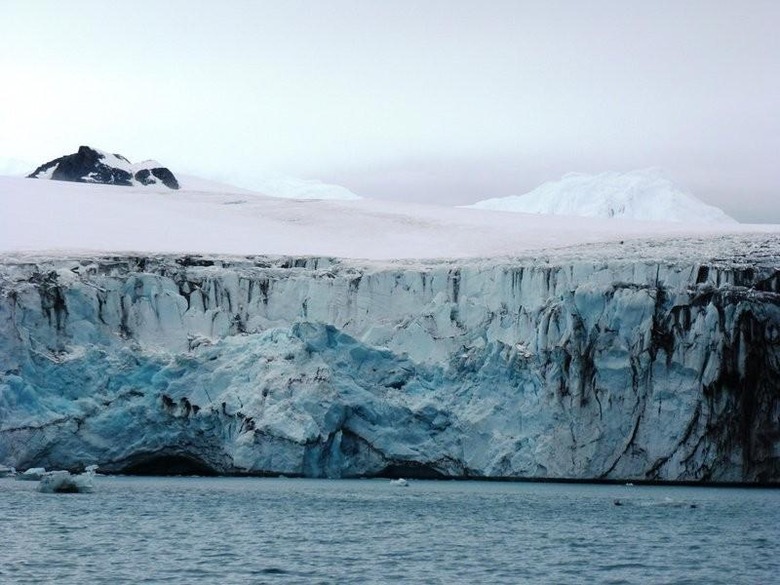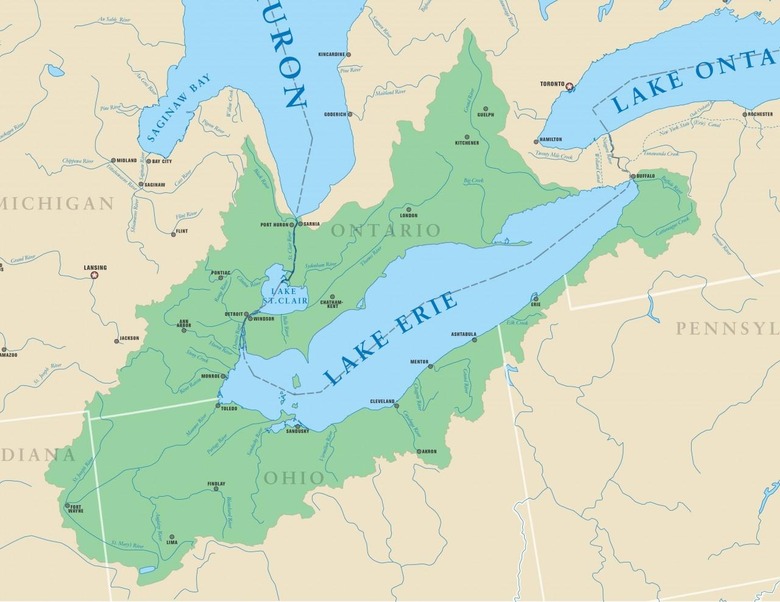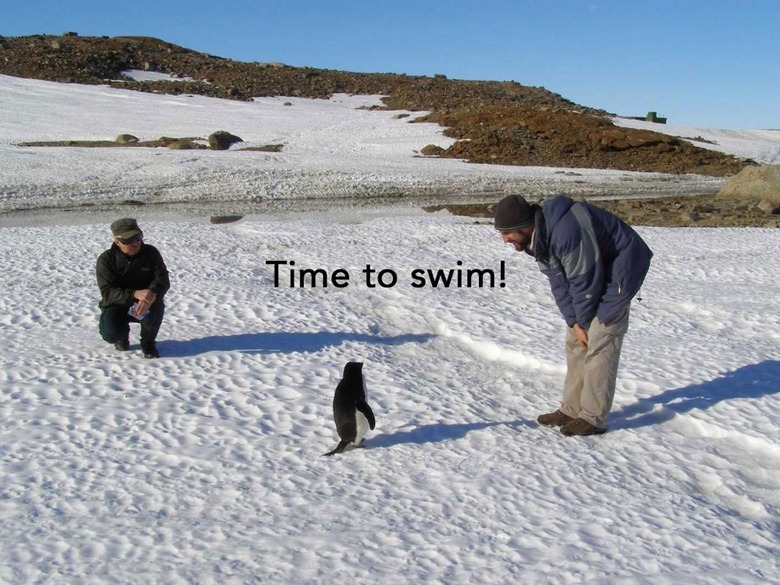Antarctic going from "in balance" to "massive ice loss"
Just one week after the last report of a massive melting ice shelf in the Antarctic comes another report of ice loss in the same region. While last week's 11,000 year old ice shelf break-apart suggested just one area was in danger, this new paper published in the journal Science suggests the entire Southern Antarctic Peninsula is at risk. A "major portion of the region has, since 2009, destabilized," says the paper, "a major fraction of Antarctica's contribution to rising sea level" is coming from this newly discovered acceleration in marine-terminating glaciers.
Back in the early 2000s, ice mass loss of the marine-terminating glaciers was at a near balance. Everything seemed like it was going to be OK. Fast forward to now and a whopping sustained rate of –56 ± 8 gigatons per year is being recorded.
That's a fast melt.
Above you'll see an analysis of satellite data and weather station data showing a massive warming trend between 1957 and 2006.
A report published by Science this week suggests that "the widespread, simultaneous nature of the acceleration, in the absence of a persistent atmospheric forcing, points to an oceanic driving mechanism."

"The region changed from being quiet, in balance, to massive ice loss within a couple of years," said lead author Bert Wouters of the University of Bristol.
"This is quite surprising, a complete shift of the dynamics in the area. It shows that the ice sheet can react very rapidly to changes in its environment."

Since 2009, this region has dropped 72 cubic miles of water into the ocean.
That's about 1/14th of the Grand Canyon, if you'd like to know. It's also enough to fill about 62% of Lake Eerie.

B. Wouters, A. Martin-Español, V. Helm, T. Flament, J.M. van Wessem, S.R.M. Ligtenberg, M.R. van den Broeke, and J.L. Bamber authored this paper by the name of Dynamic thinning of glaciers on the Southern Antarctic Peninsula.
You can find the full paper in the May 22nd, 2015 release of Science under code DOI: 10.1126/science.aaa5727.

Have a peek below at additional bits of Antarctica. Everything from super-freezing temperatures to Google Maps.
